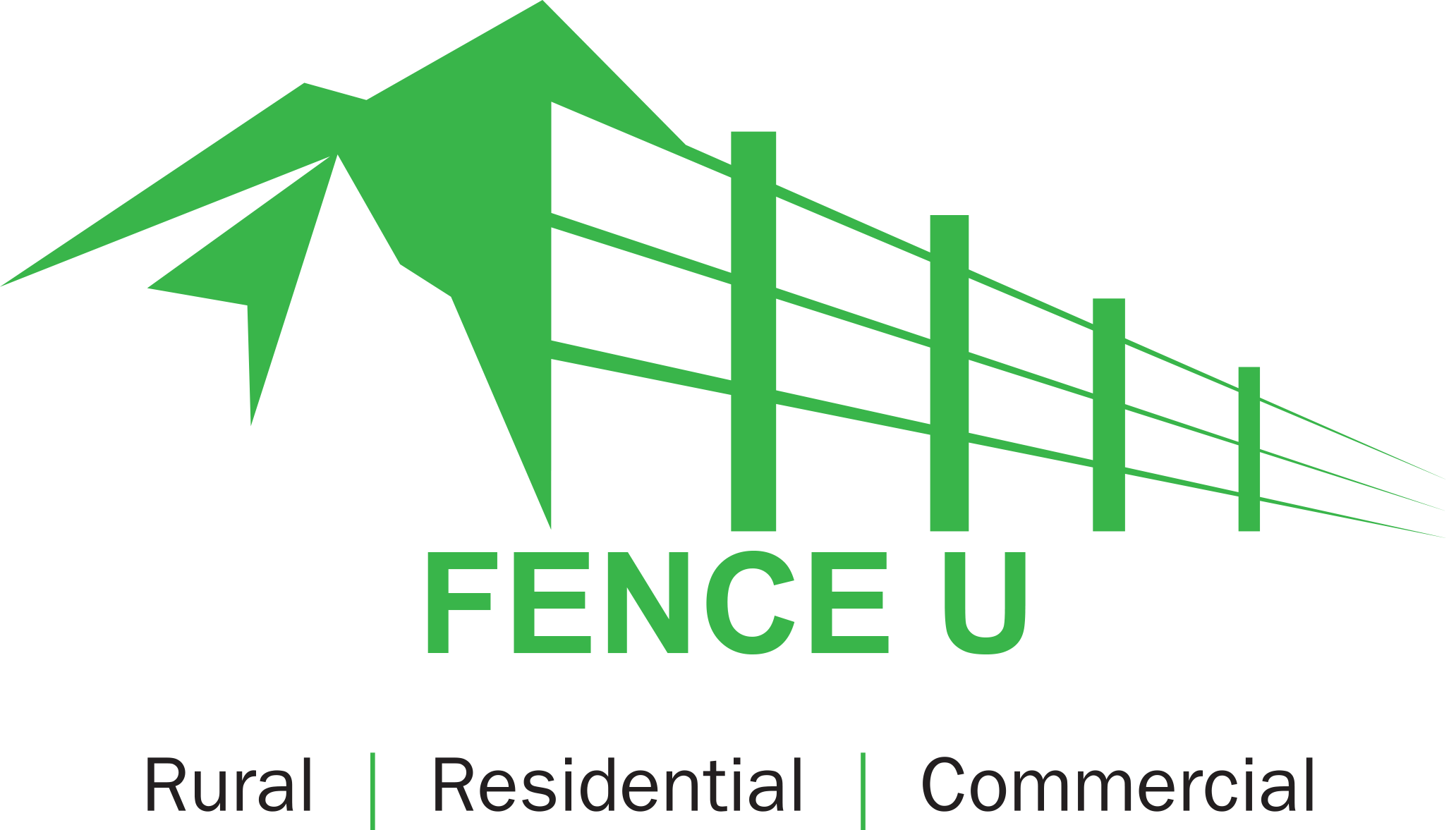How Much Does It Cost To Get A Building Permit?
For homeowners who intend to take on a building project or renovation, permits are serious requirements set down by state and local authorities to ensure compliance with building codes. Building permits are needed for more than just new home construction.
The national average cost of a building permit is $911, with most homeowners spending between $398 and $1,456. This data is based on actual project costs according to HomeAdvisor members. Depending on the area, they may be required for additions, renovations and even electrical or plumbing projects. Because of this, homeowners should familiarize themselves with the purpose of building permits along with why or when they are needed.
What Is a Building Permit?
A building permit is a document required to commence legally sanctioned construction or renovation on a property. Every jurisdiction – including states, counties, cities and towns – has different requirements for issuing permits, along with different building codes and fees associated with the permits. Essentially, the permit tells the agency, usually a Board of Permits and Inspections or Building and Zoning Board, what the homeowner intends to do to their property. Once fees are paid, permits are issued. Later, the agency will have the construction inspected to make sure it passes code.
Why Are Permits Needed?
The rationale behind building permits includes public health and safety, uniformity of construction quality and easier property valuation. The most crucial of these is health and safety. Buildings that are constructed, wired or plumbed improperly can lead to dangerous conditions that would affect more people than just the owner or occupants of a property. These conditions could include risk of fire from poor wiring, disease from poor plumbing and bodily harm from poor structural integrity. Many contractors will also point out that permit fees replace lost tax dollars during periods of economic downturn.
When Is a Permit Needed?
The answer to this question depends on local regulations regarding construction and renovation. In general, urban and suburban areas require more permits than rural areas; however, it is always better to be safe than sorry. The following are circumstances that frequently require building permits:
- New Construction: Constructing or building a new home or other structure generally requires a permit. This category includes structures like guest houses, garages, storage buildings and gazebos. Many areas also require a special building permit for fences and privacy screens if they are set in concrete.
- Additions: This includes adding new rooms or a sunroom to a home, but it also encompasses the construction of patios, porches and decks as well, depending on local codes. Enclosing a garage may be considered an addition because it would increase the heated space of the home.
- Major Renovations: This can include everything from restoring an older home to remodeling a dated kitchen or dreary bathroom. Many new homeowners who have purchased a fixer-upper get in trouble here by not applying for permits to renovate their vintage home or by deviating too substantially from submitted renovation plans.
- Structural Changes: Structural changes generally involve alterations to the bones of the structure, including the addition or removal of walls or finishing an attic or basement space. Demolition is another example. These permits can be especially important when changing load-bearing portions of the structure because if these are altered in an unsatisfactory way, the structure could be condemned as unsafe.
- Electrical, Plumbing and Mechanical Work: These three areas encompass an enormous amount of potential construction or renovation work and may require separate forms in addition to the actual building permit. Some examples of this type of work include installing outdoor lighting, adding a hot tub or replacing garage doors. Depending on the area, some of these projects may require a permit. In other locations, they may not. The installation of a sophisticated home automation system may also require a permit.
How to Get a Permit
The homeowner or contractor must complete the appropriate forms and return them with fees to the local body that governs building permits depending on the property’s location. The permit may be immediately approved, require changes or undergo additional review. This can be a complex process. Construction should not begin until after final approval is granted and the building permit issued.
What Is a Permit Service?
A permit service is a company that manages the building permit application process on behalf of a homeowner or contractor. Professionals take care of filling out paperwork and keeping track of fees and inspections, using their superior knowledge of the permit requirements to streamline the process for clients, allowing them to focus on the more important and enjoyable parts of construction or renovation. A permit service can make certain that every form is completed properly and that every permit is exactly as it should be, preventing difficulty further along in the process. This can help homeowners avoid fines, stop-work orders or legal action regarding their projects. Overall, permit services take some of the stress and frustration out of the building equation.
The actual cost of a building permit will depend on the location of the property and the type of work that will be performed there. For many homeowners, the process of applying for a permit may seem daunting, but it cannot be avoided without risking fines or worse. Ultimately, a permit service can make the process simpler and less stressful, and it reduces the potential for bad inspections or inadvertent permit violations.

Category: Aluminium Fencing, Chainlink Fencing, Farm Fencing, Vinyl Fencing





